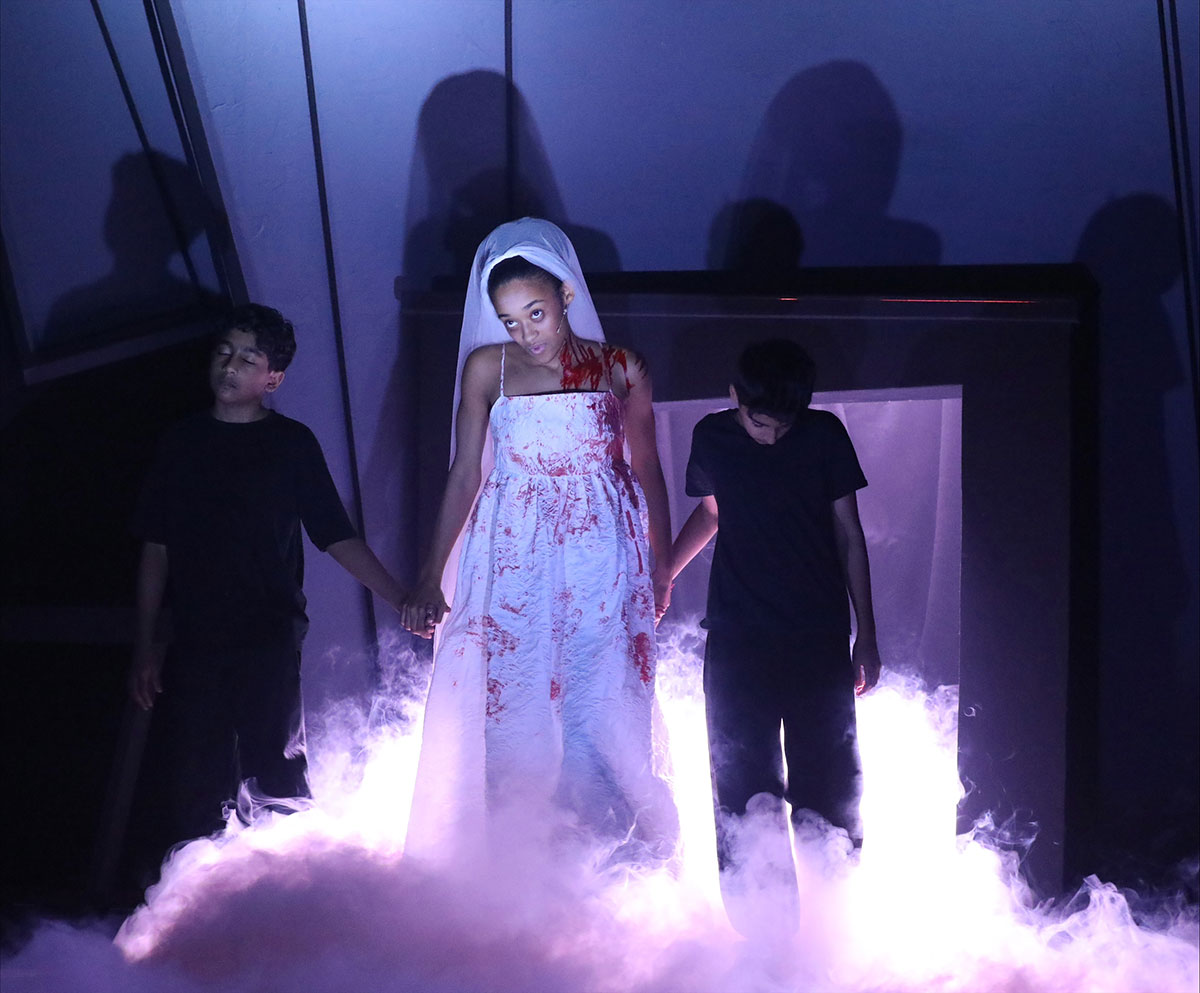Once upon a time, being a sports fan meant sitting on the couch, shouting at the TV, and maybe checking box scores the next morning. Today, that’s ancient history. The modern fan doesn’t just watch; they participate.
The rise of digital entertainment has transformed how people connect with their favorite teams and athletes. Whether it’s through fantasy leagues, sports trivia apps, or real-time prediction platforms, fans are stepping off the sidelines and into the digital arena.
The result is a generation of “couch coaches” who don’t just talk strategy, they live it, play it, and share it with others online.
What Makes Peer-to-Peer Games So Addictive
Peer-to-peer (P2P) fantasy platforms have exploded in popularity, and for good reason. They blend strategy, community, and emotion into one irresistible package, giving sports fans a way to test their instincts while connecting with others who share the same passion.
Skill Over Chance
Unlike traditional formats where success might hinge on luck, P2P platforms reward expertise. They turn sports knowledge into a competitive advantage. The more you understand stats, matchups, and trends, the better your chances. That sense of earned victory is deeply satisfying.
For many players, building a lineup or predicting performance feels like coaching on a smaller scale. You’re not leaving results to fate; you’re relying on your insight, intuition, and timing, the same things real coaches do on the sidelines.
Friendly Rivalries and Real Connection
There’s something primal about friendly competition. P2P games capture that spirit perfectly. Whether it’s a one-on-one matchup or a small league with friends, every victory carries bragging rights and shared excitement.
Integrated chat and league boards add a social spark, creating a sense of camaraderie and community. Wins feel sweeter when they’re celebrated together, and even losses become part of a shared narrative. That blend of competition and connection is what keeps players coming back.
The Social Side of Digital Competition
Today’s digital arenas are as much about people as they are about points. Fans are no longer isolated viewers but part of a global, buzzing community.
These platforms have become virtual sports bars, places where fans debate, joke, and share strategies without ever leaving their couches.
Many even act as “prosumers,” blending roles as both players and content creators. They post insights, share lineups, and contribute to the growing culture around fantasy sports.
This shared experience fosters something psychologically powerful: a sense of belonging. Whether you’re a seasoned strategist or a curious newcomer, there’s space for you to play, learn, and connect.
Where Digital Play Meets Real Sports Action
Digital play doesn’t exist in a vacuum; it mirrors the highs and lows of live sports. Every real-world play can ripple through a player’s virtual contest, keeping fans locked in until the final whistle.
Real-Time Reactions
Imagine watching your favorite team and knowing that every touchdown, strikeout, or goal affects your digital lineup.
Suddenly, every play matters a little more. Real-time scoring and live notifications make fans feel like they’re right in the middle of the action. It’s an emotional investment on a whole new level, part adrenaline, part anticipation.
Mobile Access and the Second-Screen Revolution
The smartphone has become the ultimate game-day companion. Fans now follow games while tracking stats, updating lineups, or chatting with other players, all from the same device. Short-format contests, daily challenges, and fast results fit perfectly into busy lifestyles.
This “second-screen” culture keeps engagement constant and personalized, giving fans instant feedback on their instincts and predictions.
How Platforms Bring Fans Closer to the Action
One of the clearest examples of this evolution is the growth of peer-to-peer fantasy experiences that merge prediction, performance, and play. Through modern platforms, fans can pick athletes, forecast outcomes, and track live progress, turning each game into an interactive adventure.
On platforms such as FanDuel Picks, users can create daily lineups, make “more” or “less” calls on projected stats, and compete with others in real time.
It’s fast, intuitive, and the results are rooted in sports knowledge rather than luck. This format highlights the shift toward entertainment that rewards skill and engagement.
By integrating these kinds of experiences seamlessly into live sports, fans aren’t just consuming the action; they’re actively shaping their own enjoyment of it.
The Generational Shift Driving the Trend
Younger fans have led this transformation. For Gen Z and Millennials, passive viewing feels outdated. They crave participation, customization, and community.
Data backs it up: Gen Z spends nearly a quarter of its leisure time gaming, more than on social media or streaming video.
They see digital play as a form of social interaction, where competition and connection coexist. These generations value control, preferring platforms that allow personalization, real-time stats, and dynamic experiences.
To them, playing isn’t just entertainment; it’s how they engage with culture, nurture friendships, and form identity. Peer-to-peer fantasy gaming fits that world perfectly; it’s personal, interactive, and endlessly social.
The Emotional Payoff of Play
What makes peer-to-peer games enduring isn’t just the chance to win; it’s what happens in between. It’s the tension of waiting for your player’s next move. The thrill of edging out a friend by a single point. The laughter shared following a bold prediction gone wrong.
This is the heart of digital play: shared experiences and emotional connection. Every contest becomes a story, one you help write through skill, understanding, strategy, and a little bit of daring.
Online platforms redefined what it means to be a fan. They’ve turned viewing into participation, statistics into stories, and casual watchers into engaged, confident players.
Whether you’re tracking your lineup or celebrating a comeback, you’re not just cheering from the couch anymore; you’re part of the game itself.




